Faculty, Student and Alum Directory | Virtual and Augmented Reality Lab
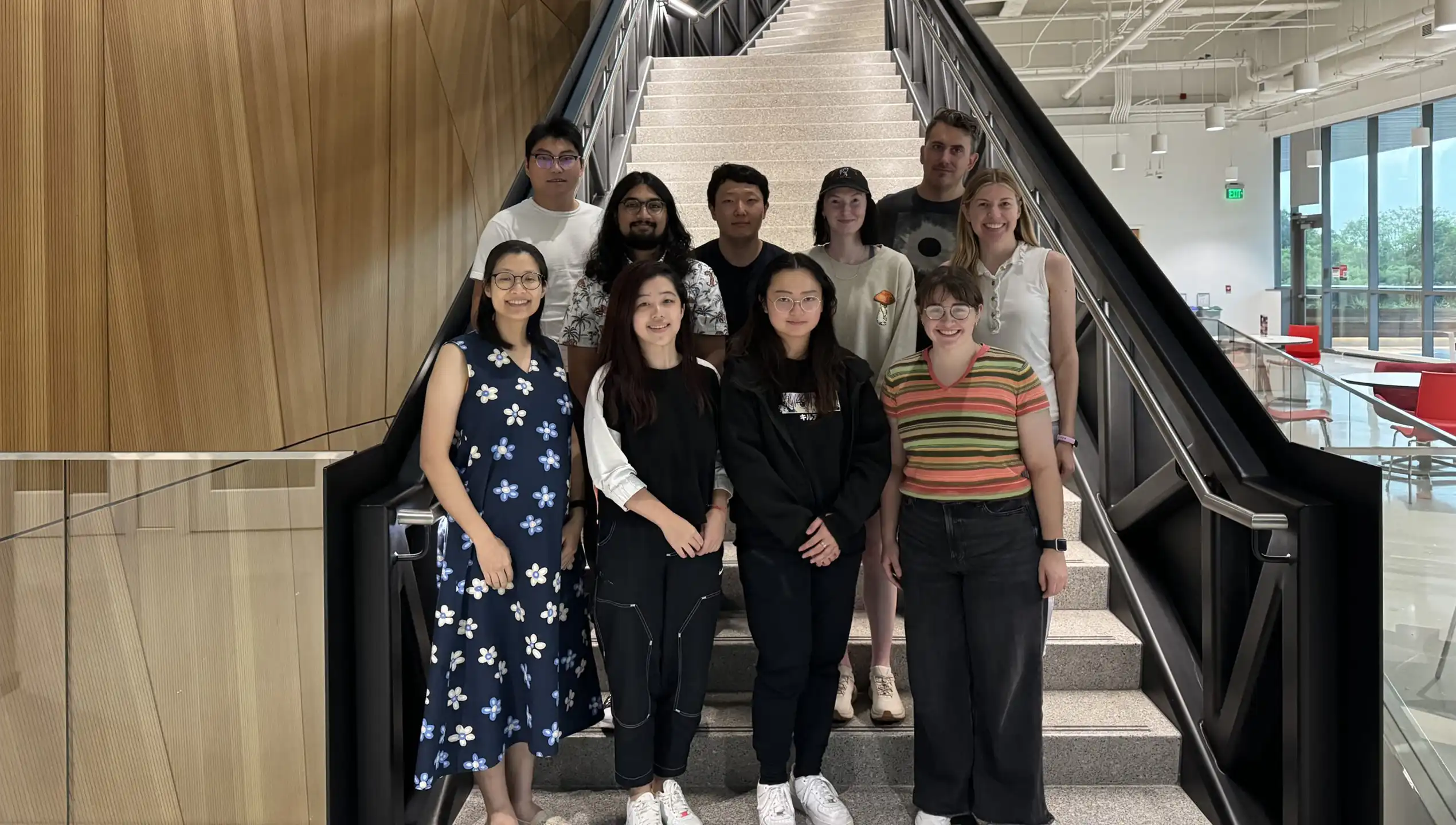
Directory
Last Updated: 12/09/2024 | All information is accurate and still up-to-date
About the Directory
The directory of the Virtual and Augmented Reality Lab is an essential resource for all members and visitors. It provides easy access to key contacts, project information, and lab resources. By organizing this information, the directory ensures smooth communication and collaboration. Furthermore, it helps both new and existing members navigate the lab’s diverse opportunities. In addition, the directory serves as a guide, making it easier for individuals to connect with faculty, graduate students, and alumni. Ultimately, it supports the lab’s mission by fostering a well-connected and efficient working environment.
Make sure to check out the VARL projects and explore publications.
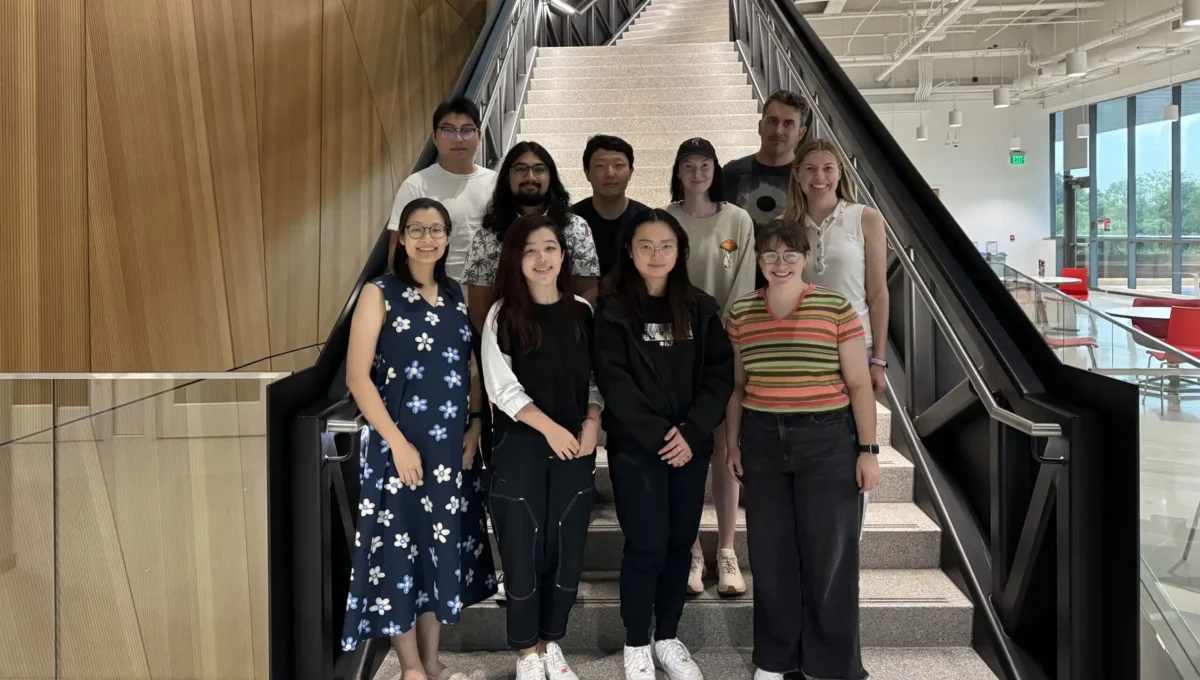
Faculty Directory
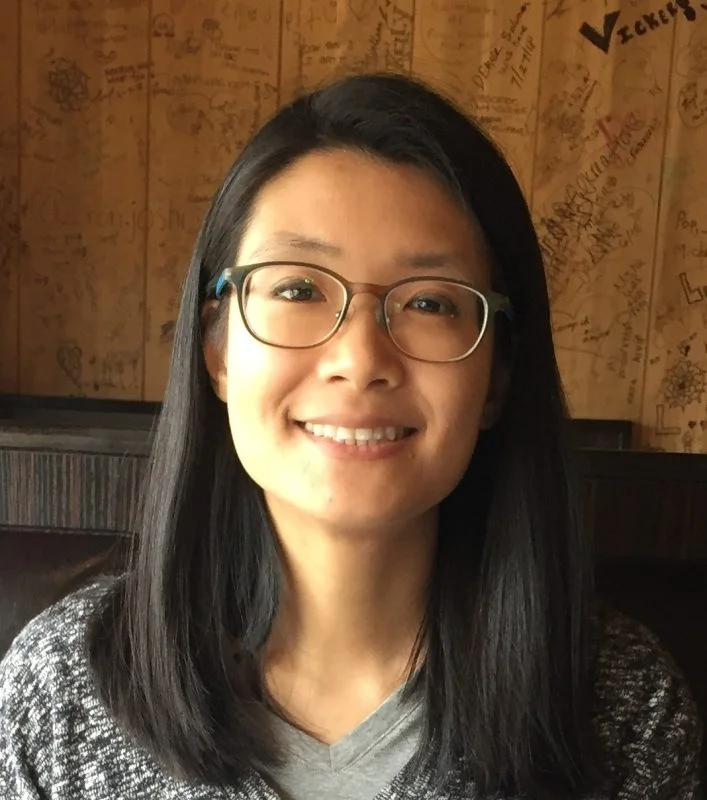
Karen Chen
Associate Professor
kbchen2@ncsu.edu
919.515.6403
4349 Fitts-Woolard Hall
Education
Ph.D., University of Wisconsin-Madison, 2015
M.S., University of Wisconsin-Madison, 2010
B.S., University of Wisconsin-Madison, 2009
Karen Chen’s research studies human performances and uses human factors and ergonomics frameworks as its foundation. Also, she implements technologies such as virtual reality to explore the potential of improving the health and safety of various populations. Additionally, she has investigated the use of virtual reality to understand older driver biomechanics and the utility for ranges of motion rehabilitation of chronic pain patients. Besides research, she also offers courses in Human Factors in Systems Design, Musculoskeletal Biomechanics, Human-Computer Interface, and Special Topics in Technology and Healthcare Applications.
See specific projects she is involved in through the projects page or the National Science Foundation.
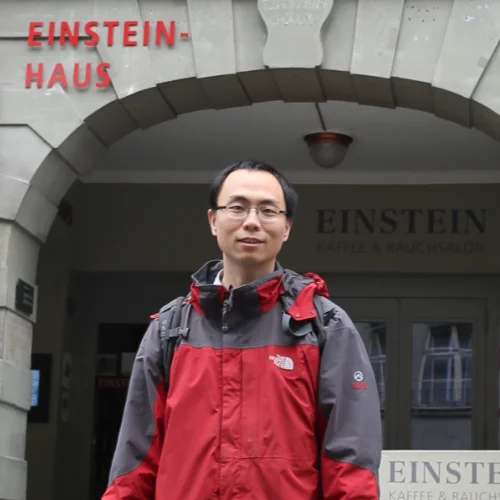
Xu Xu
Associate Professor
xxu@ncsu.edu
919.512.7205
4351 Fitts-Woolard Hall
Education
Ph.D., North Carolina State University, 2008
M.S., North Carolina State University, 2006
B.S., Tsinghua University, 2004
Prior to joining the NC State faculty, Xu Xu started his career as a postdoctoral research fellow in the School of Public Health at Harvard University. Then, he became a research scientist at Liberty Mutual Research Institute for Safety where he received multiple best paper and outstanding scientific contribution awards. His research interests are generally in the areas of biomechanical modeling, optimization, simulation and data mining with respect to human daily activities to promote workplace and at-home injury prevention and driving safety. Additionally, Xu has published more than forty journal articles on the aforementioned research topics.
See specific projects he is involved in through the projects page or the National Science Foundation.
The faculty in the Virtual and Augmented Reality Lab play a crucial role in its success. First, their expertise guides students and researchers through complex projects. Additionally, they contribute to the lab’s innovation by staying current with emerging technologies. Furthermore, faculty members serve as a directory of knowledge, offering valuable mentorship and resources. Their leadership ensures that the lab remains focused on advancing both academic and industry research.
Graduate Students Directory

Nathan Sanders
Ph.D. Student
nesander@ncsu.edu
Education
M.S., North Carolina State University, 2020
B.S., Tufts University, 2008
Nathan Sanders‘s research is situated near the intersection of occupational health and virtual reality. After earning his B.S. in Engineering Physics, he worked for ten years, variously as a custom bicycle frame builder, horticulturalist, mechanic, chef, and production engineer. However, a lifelong passion for gaming and ‘secondary worlds’ attracted him to VR while he was earning his Master’s in Industrial Engineering. Currently, his research interests are the physical and cognitive ergonomics of working in virtual environments. Can the affordances of VR support productivity and well-being in daily work? What are the adverse consequences of long-term VR use in the workplace? Do people think, feel, and behave any differently in virtual environments? What are the subjective experiences of people who use VR for daily work?
His current projects include an analysis of robot-related injuries in the workplace, an exploration of the psychological validity of immersive digital twins for human-robot interaction, and a methodological investigation of user-generated gestures for VR interactions.
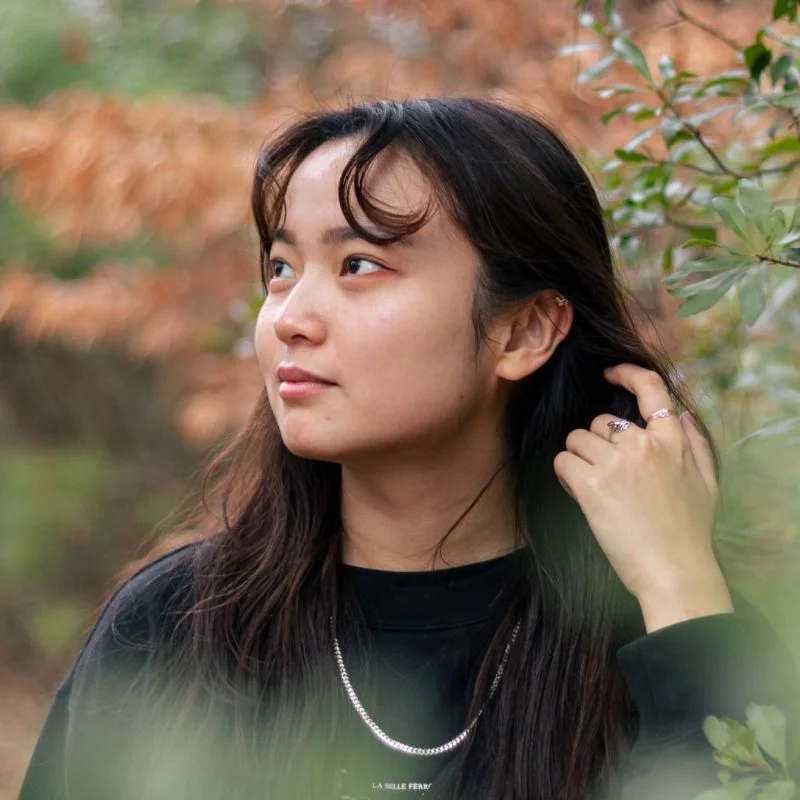
Emily Fang
Ph.D. Student
efang2@ncsu.edu
Education
B.S., North Carolina State University, 2024
Emily Fang is an undergraduate student studying Industrial and Systems Engineering with a Health Systems Engineering concentration and a minor in Supply Chain Engineering. Additionally, she is currently working on improving worker health through improving employee training using augmented reality. Also, Emily is interested in enhancing health systems through improving supply chain management. On top of that, her hobbies include working on her art and improving in video games.
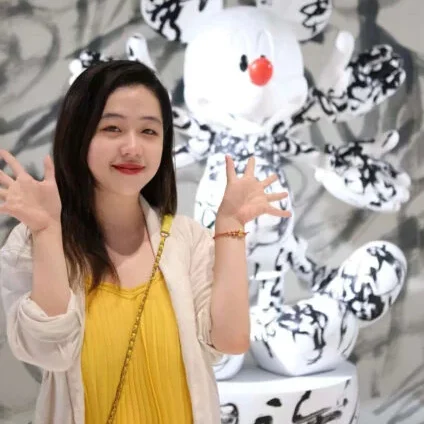
Fangyuan (Sophie) Cheng
Ph.D. Student
fcheng5@ncsu.edu
Education
M.E., Tongji University, 2023
B.E., Hunan University, 2020
Fangyuan Cheng’s primary research interest is the integration of virtual reality and learning sciences. Moreover, she is aiming to leverage VR affordance and human-computer interaction design to enhance the learning process, experience and outcomes.
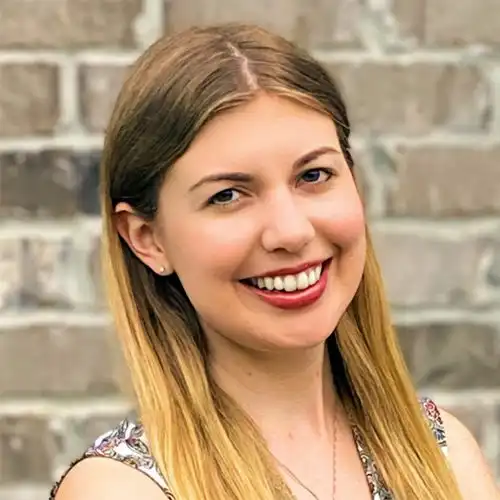
Kalene Thomas
Ph.D. Student
kmhanson@ncsu.edu
Education
M.S., North Carolina State University
B.S., North Carolina State University
Kalenes‘s primary research interest is engineering education.
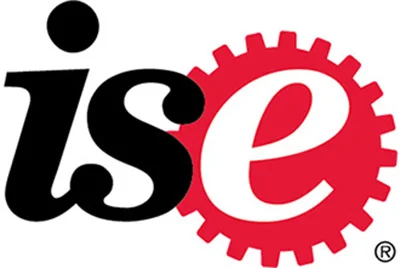
Liliana Gomez
Master’s Student
legomez2@ncsu.edu
Education
Liliana‘s primary research interest is the human factors and mental health.
Graduate students are essential to the Virtual and Augmented Reality Lab’s success. They actively contribute to groundbreaking research and technological development. Moreover, their involvement allows them to gain hands-on experience, which is vital for their future careers. Also, as they collaborate with faculty and peers, they help drive innovation in the lab. In addition, graduate students often serve as a support network, assisting with technical challenges and project management.
Undergraduate Students and Researchers Directory
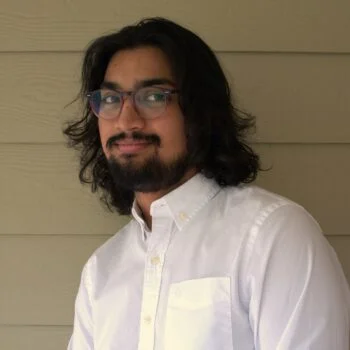
Robert Kulasingam
Researcher
rkulasi@ncsu.edu
Robert Kulasingam is a researcher interested in creating educational experiences for K-12 students using digital technologies like XR and video games. Moreover, by synthesizing knowledge and techniques from human-computer interaction, UI/UX design, and the learning sciences, he hopes to produce effective, research-based interventions for educators and real-world classrooms.
Undergraduate students play a vital role in the Virtual and Augmented Reality Lab. They bring fresh perspectives and enthusiasm to ongoing projects. By engaging in hands-on learning, they gain valuable experience that enriches their academic journey. In addition, undergraduates collaborate closely with graduate students and faculty, fostering a supportive learning environment. Through their involvement, they contribute to the lab’s innovative projects while developing critical problem-solving skills. Ultimately, their participation helps bridge the gap between theoretical knowledge and practical application in the evolving field of virtual and augmented reality.
Alumni Directory
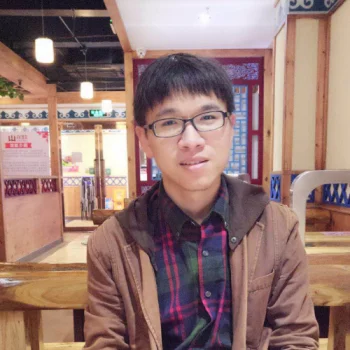
Ken Chen
Alumnus
Education
Ph.D., North Carolina State University, 2022
BE, Beihang University, 2017
Ken Chen‘s primary research interests are in Virtual Reality and Biomechanics. Also, he is currently a Research Fellow at Nanyang Technological University (NTU) in Singapore.
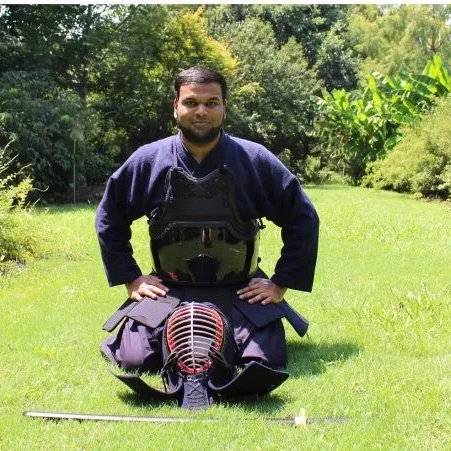
Gimantha Perera
Alumnus
Gimantha Perera‘s research interests lie at the intersection of Technology in Healthcare Systems and Human Factors. He is currently a postdoctoral fellow at the University of Arizona. Additionally, he has previously investigated the applications of assistive technologies in medical operating rooms as part of his master’s research. Building on this experience, he now aims to elevate his work by integrating Augmented Reality technology with existing assistive technologies, such as checklists and passive information displays. Currently, his work is focused on Project ARTIMISS (Augmented Reality To Improve Medical Information Sharing Systems), further advancing his innovative contributions to the field.
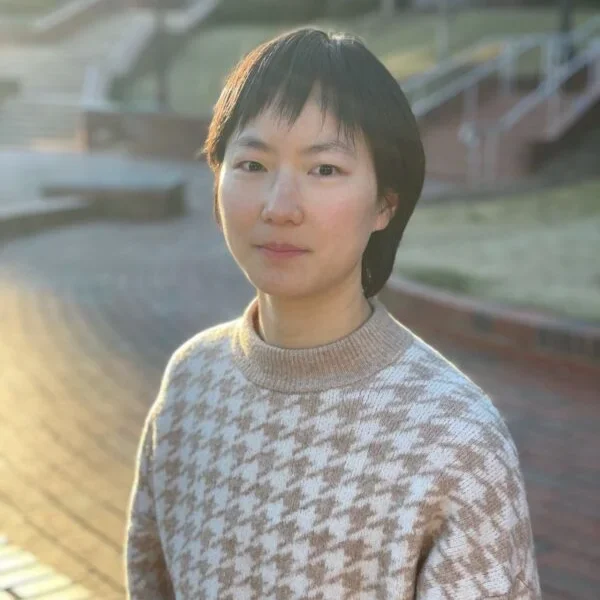
Linfeng Wu
Alumna
Education
Ph.D., North Carolina State University, 2024
B.E., M.E., Huazhong University of Science and Technology, 2017
Linfeng Wu’s primary research interests are human-system interactions, virtual reality, and ergonomics. Additionally, she is currently an assistant professor at the University of Texas-Rio Grande Valley.
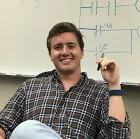
Tyler Rose
Alumnus
Education
M.S., North Carolina State University, 2018
B.S., University of Mississippi, 2016
Tyler Rose was a Master’s student in Industrial and Systems Engineering at North Carolina State University. His primary research interests involve industry applications of virtual reality. Specifically, he is focused on the ways humans interact with this technology. Moreover, his work explores how these interactions can be improved to enhance user experience and efficiency. As a result, he aims to contribute to the advancement of virtual reality in real-world applications. Ultimately, his research seeks to bridge the gap between virtual technology and human-centered design.
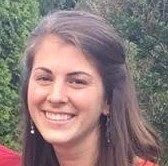
Rebecca Widmayer
Alumna
Education
M.S., North Carolina State University, 2019
Rebecca Widmayer‘s research was in biomechanics and virtual reality. Her work specifically examined patient lifting transfer training in virtual reality. Additionally, she studied the changes in muscle activity in both physical and virtual environments. Also, through this research, she aimed to better understand how virtual reality can be used to improve training and reduce injury. Furthermore, her findings contribute valuable insights into the application of virtual environments for biomechanical studies and rehabilitation. Ultimately, her research seeks to enhance both training effectiveness and patient safety.

Catherine Reckard
Alumna
Catherine Reckard is currently a master’s student studying Industrial and Systems Engineering at NC State. Previously, she was an undergraduate student with the VARL, where she worked on a project to evaluate the usability of a scale-learning immersive virtual environment using virtual reality. In addition, Catherine was part of the Health Systems Certificate Program, and she is passionate about performing healthcare process improvement to create safer and more equitable health systems. Also, outside of her studies, she enjoys running, rock climbing, reading, and going on bike rides with friends.
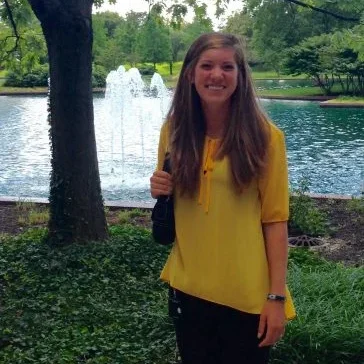
Shari Eberhard
Alumna
Education
B.S., Purdue University
Shari Eberhard‘s research interest includes using virtual reality to create different “levels” of virtual while measuring the biomechanics of an individual walking.
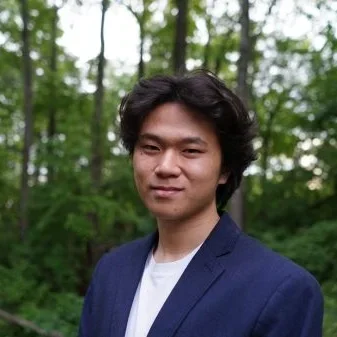
Matthew Seong
Alumnus
Education
B.S., University of North Carolina – Chapel Hill
Matthew is currently a Ph.D. student in the Industrial and Operations Engineering program at University of Michigan.

Caitlin Rogers
Alumna
Education
B.S., North Carolina State University, 2019
Caitlin Rogers was an undergraduate student studying Industrial & Systems Engineering with a health systems engineering concentration and a minor in Spanish. Additionally, she is involved with various on-campus organizations, including the Catholic Campus Ministry, Girls Engineering Change, Tau Beta Pi, and the Society of Health Systems. Furthermore, her primary research interests include virtual reality and healthcare optimization.
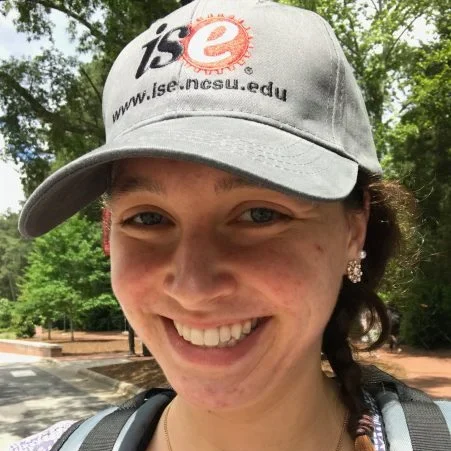
Tara Martin
Alumna
Tara Martin was an undergraduate research assistant whose primary research interests include improving patient and worker health through virtual reality and computer vision. Additionally, her interest in biomechanics stems from an extensive athletic background, particularly in swimming and coaching. Also, through her research, Tara aims to apply her knowledge of biomechanics to enhance virtual reality applications in healthcare. Ultimately, her work focuses on creating solutions that improve physical well-being in both clinical and occupational settings.
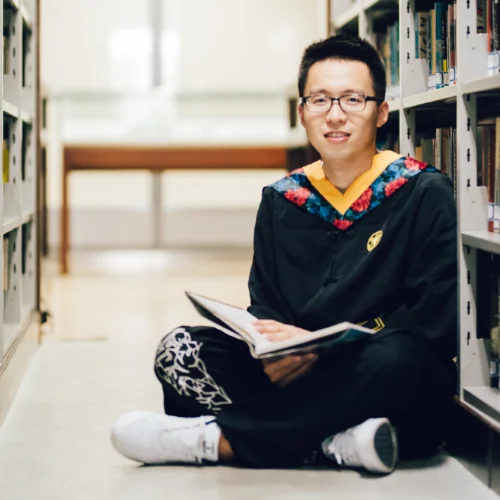
Li Li
Alumnus
Li Li ‘s primary research interests are in ergonomics and computer vision. Additionally, he is working on the identification of driving behaviors.
Alumni are a valuable asset to the Virtual and Augmented Reality Lab. Their past experiences in the lab provide a strong foundation for future contributions. In addition, as they advance in their careers, alumni often return to offer mentorship and guidance to current students. Additionally, they help maintain connections between the lab and industry, opening doors for collaboration and internships. Also, through their continued involvement, alumni ensure the lab’s growth and relevance in the ever-evolving field of virtual and augmented reality. Their support strengthens the lab’s community and enhances its impact.
